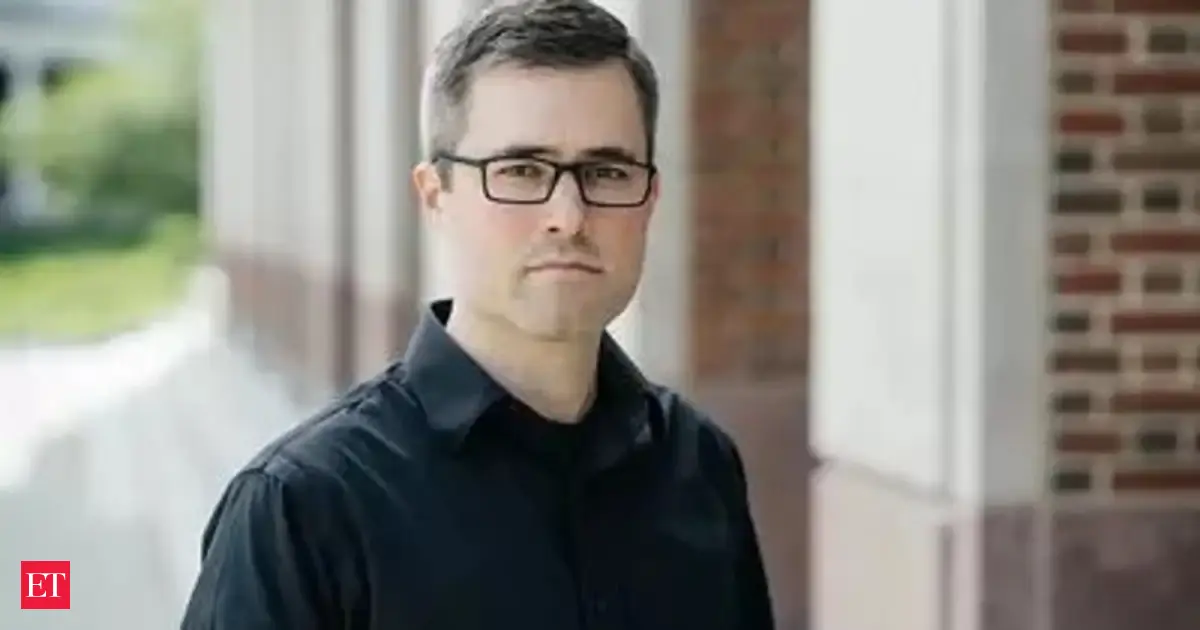
Physicians in the Rochester metro area make $495,532 a year on average. This was the first year Doximity included Rochester in its annual rankings, MPR News reported, after expanding its analysis from the top 50 most populous metro areas to the top 60.
MPR News: New Report Finds Rochester Leads Nation In Physician Pay
It pays quite well to be a doctor in Minnesota. Physicians in Rochester are paid more than doctors in any other metropolitan area in the U.S., according to a new report. And doctors in Minneapolis earn the eighth highest salaries. (Castle Work, 9/18)
North Carolina Health News: Nursing Shortage Persists In NC Despite Recent Improvements
Though North Carolina still has far fewer nurses than it needs, incremental gains have been made in addressing the shortage. That was the key takeaway from an analysis released Sept. 15 by the NC Health Talent Alliance, a public-private partnership of the NC Center on the Workforce for Health, the NC Chamber Foundation and the state’s network of Area Health Education Centers. (Baxley, 9/19)
More health industry news —
Modern Healthcare: Medicare Advantage Plans To Disclose Provider Directories In 2026
Medicare Advantage insurers will be required to submit provider directories to the Centers for Medicare and Medicaid Services next year under a final rule issued Thursday. CMS intends to incorporate provider network information into the Medicare Plan Finder portal. This policy builds on a plan the agency announced last month to assemble provider lists it will add to the plan finder for the upcoming annual enrollment period. Insurer participation in that initiative is voluntary. CMS eventually aims to create a national provider directory. (Early, 9/18)
Modern Healthcare: Rural Wisconsin Hospitals Form Clinically Integrated Network
Ten Wisconsin rural hospitals formed a clinically integrated network, following dozens of rural providers that have joined similar initiatives over the past two years. The Wisconsin High Value Network looks to pool the expertise and scale of the independent rural hospitals, which have combined $880 million in net revenue, to improve care and lower costs. (Kacik, 9/18)
Modern Healthcare: VillageMD Sells 32 Texas Clinics To Harbor Health
VillageMD is selling 32 Texas clinics to Harbor Health, an Austin-based primary and specialty clinic group that also offers health plans. The deal includes 10 clinics in Austin, 10 in San Antonio, six in El Paso and six in Dallas. More than 80 clinicians will join Harbor as part of the transaction, according to a Thursday news release. (Hudson, 9/18)
Modern Healthcare: Crozer’s Taylor Hospital Closed. Now An Investor Is Stepping In
Medical transport company owner Todd Strine said Crozer Health’s Taylor Hospital closed because its private equity-backed owner drained resources. Now, he’s taking a hands-on approach to bringing it back. The community hospital on the outskirts of Philadelphia was forced to close its doors five months ago after extensive efforts to secure a buyer failed. But a group of investors sponsored by Keystone Quality Transport, of which Strine is majority owner, acquired the former Crozer Health Taylor Hospital in Ridley Park, Pennsylvania, for $1 million on Sept. 10. (Hudson, 9/18)
Modern Healthcare: Blue Shield Of California Spinoff Stellarus Adds Blues Customers
Blue Shield of California’s tech-focused sister company has added two regional Blue Cross and Blue Shield insurers as customers and co-founders. Blue Cross and Blue Shield of Kansas and Hawaii Medical Service Association announced Thursday they had signed on as co-founders of Stellarus. (Tong, 9/18)
Fierce Healthcare: Johns Hopkins, UnitedHealthcare Call It Quits On Contract Talks
Johns Hopkins Medicine and UnitedHealthcare (UHC) officially ended contract talks after failing to reach common ground on a new contract agreement. More than eight months of negotiations came to a head at the end of August when the prior agreement between the academic health system and the nation’s largest private health insurer came to an end. The organizations continued their negotiations past the deadline, but were unable to strike a new deal and the academic medical center will not return to the insurer’s network. (Muoio and Landi, 9/17)
This is part of the Morning Briefing, a summary of health policy coverage from major news organizations. Sign up for an email subscription.



